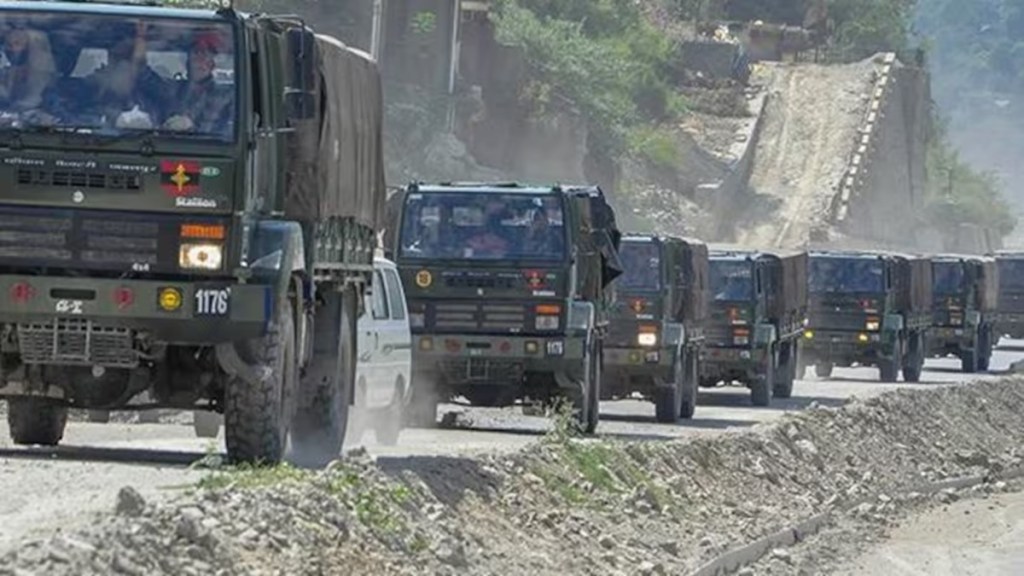A feeling of déjà vu is unmistakable in the remarks of Justin Yifu Lin, professor of economics at Peking University, on Sino-Indian relations. Echoing former Prime Minister Atal Bihari Vajpayee’s views more than a couple of decades ago, Lin stated in a recent media interview that “we are neighbours and we will be neighbours, no matter whether we like it or not. So, it is better to be good neighbours”. India’s policy choices in this regard are no doubt complicated by the continuing face-off on the Sino-Indian border since April 2020. It is not business as usual for the bilateral relationship but the good news of late is the arrangement for patrolling by both sides on the border. This augurs well for further negotiations to resolve the territorial dispute.
According to Lin, “we have many complementarities, so, it’s better to join hands to grow together.” This again is reminiscent of former PM Manmohan Singh’s views in his visit to Beijing 16 years ago when he stated that the coming together of two great neighbours represents an international public good; that it is a historical necessity to work together; that as fast-growing countries, both have a role in contributing to global growth.
The welcome developments on the Sino-Indian border is being taken forward by PM Narendra Modi and China’s President Xi Jinping agreeing to meet on the sidelines of the ongoing BRICs summit in Kazan. On the complementarities front, China no doubt has vast amounts of capital that can help realise India’s ambitions to become a more prosperous nation by investing in its $1.4-trillion national infrastructure pipeline. The dragon has dominance over global supply chains. If India can plug into these chains with its advantages of an abundant supply of young labour at highly competitive wage rates, it can export more and grow faster over the medium term. However, such possibilities of cooperation that Lin advocates exist only if the two great neighbours perceive themselves as equals, which they are not. The economic power differential has further widened from when Manmohan Singh outlined his bold vision. India is the world’s fastest-growing economy but China’s per capita income is five times larger. China sees India only as a weaker neighbour, not as one with whom it can define the Asian century.
But all of this should not preclude India’s efforts to promote good neighbourliness. Besides the dragon, India has a major challenge with its western neighbour, Pakistan. Bilateral relations have been in a deep freeze due to cross-border terrorism. India’s external affairs minister S Jaishankar, in his recent address to the Shanghai Cooperation Organisation council of heads of government in Islamabad, noted that if friendship has fallen short and good neighbourliness is missing, there are surely reasons to introspect and causes to address. But the fact of his visit itself offers an opening to resume engagement in the spirit of Vajpayee’s oft-quoted remarks that friends can be changed but not neighbours; that we either live as friends or we keep fighting. Peace and tranquility on the border is to the advantage of Pakistan, India, and China. As the most powerful economy in South Asia, India cannot address the unfinished agenda of integration without Pakistan. The upshot is that India will be better off extending friendship to the extent possible with its neighbours.

